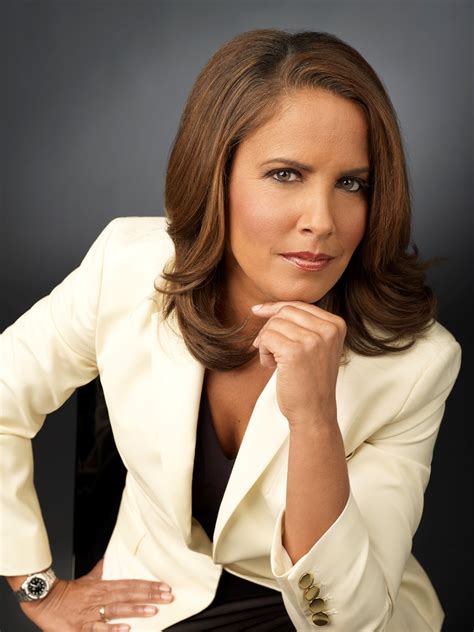A Quote by Stephen Kinzer
In some countries that are darlings of the West, like Egypt, everyone knows the result of national elections years in advance: The man in power always wins. In others, like Saudi Arabia, the very idea of an election is unthinkable.
Related Quotes
We left Egypt when I was seven, and we didn't return until I was 21. My teen years were divided between the United Kingdom and Saudi Arabia. Up until we left the U.K., it was like your regular teenage years. The one thing I remember is that I couldn't date. That was one thing my parents made very clear.


































